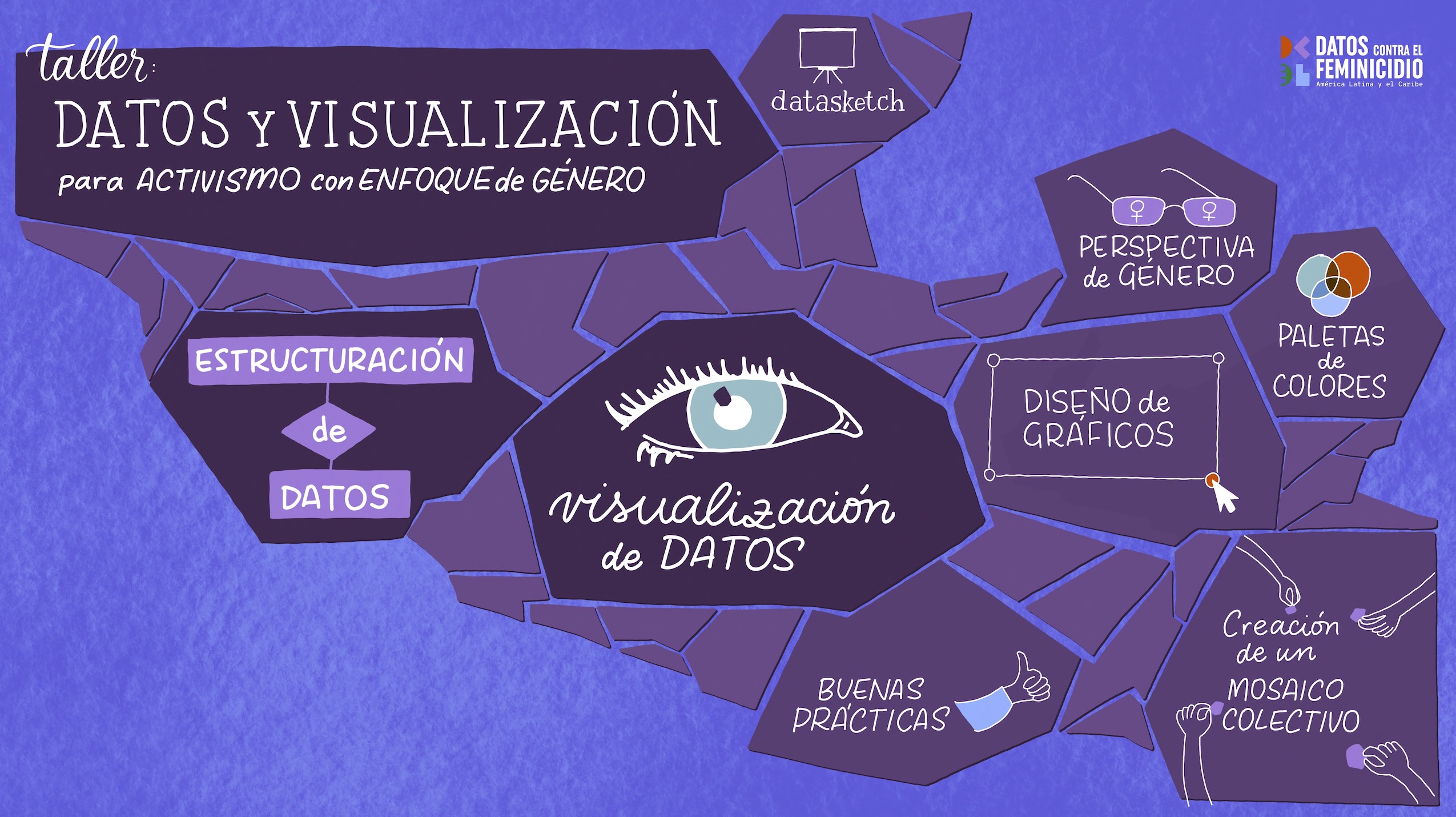Expanding and harmonizing the definition is crucial to reveal the full scale of the problem and to address the current shortcomings in data collection and statistical reporting. A more inclusive understanding would support the development of stronger, more effective public policies.
In this context, producing and standardizing femicide data becomes an urgent priority. The drive for data standardization stems from a growing consensus around the need for a core set of variables that can structure information, enable comparison across contexts, and promote eventual reuse. Importantly, standardization is not just a technical process—it also demands critical reflection on how data is produced, categorized, and managed by different organizations.
Publications
-
Latin American standardisation of data on feminicide (Fumega et al, 2023)
This chapter presents the results of a participatory action-research strategy that led to the creation of a feminicide data standard. In response to the lack of homogenisation in data collection of feminicide across the region, ILDA has worked in different contexts and with different partners throughout two iterations of the feminicide data standard project. In
-
Data Frames of Feminicide (Suárez Val, 2021)
Feminicide (or femicide) is a feminist category that designates –and denouncesthe gender-related violent deaths of women, adolescents, and girls, especially murders. Especially in Latin America, the category has provided a frame for feminist activists, and most recently governments, to gather data about feminicide. This work seeks to understand the implications of how feminicide data are
-
Tell stories with data about violence against women (Datasketch, 2020)
-
Discordant data. Public information about femicide in Uruguay (Suárez Val, 2020)
Accessing official data on cases of femicide is not an easy task in Uruguay, and when accessed, there are discordant data. This issue has serious repercussions, both for the awareness of the population and for the design of public policies and the actions of civil society in the face of the phenomenon. This paper examines
-
Tracking Latin America’s Other Pandemic: Violence Against Women (Fumega, 2020)
Better data on gender-based violence is needed now more than ever. Fumega, S. (2020, abril 13). Tracking Latin America’s Other Pandemic: Violence Against Women. Americas Quarterly. https://www.americasquarterly.org/article/tracking-latin-americas-other-pandemic-violence-against-women/ Enlace externo
-
Open data, gender and violence in Latin America (Fumega, 2019)
This article focuses on the project entitled Estandarización de datos de femicidios (Standardisation of Data on Femicide). Firstly, we contextualise the current status of open data in Latin America. We then explain our hypothesis of how standardising data could help us improve data quality and, lastly, we reflect on our study. Standardisation (and the eventual
-
Vibrant Maps (Suárez Val, 2018)
In recent years, feminist activists in various Latin American countries have been creating digital maps of feminicide —the gender-related violent deaths of women. The intersection of activism and mapping has been explored by scholars and activists who have addressed the performative, participatory and political nature of mapping, and by feminist scholars who have analysed and
Community events
November 2020: Data Against Feminicide
This series of sessions was designed to bring together activists and civil society organizations, public officials, academics, and journalists who work or want to work with femicide data. Over the course of three weeks, two webinars, three workshops, and an interactive session were held to learn and think collectively, and to (re)discover each other as members of the femicide data community of practice.

